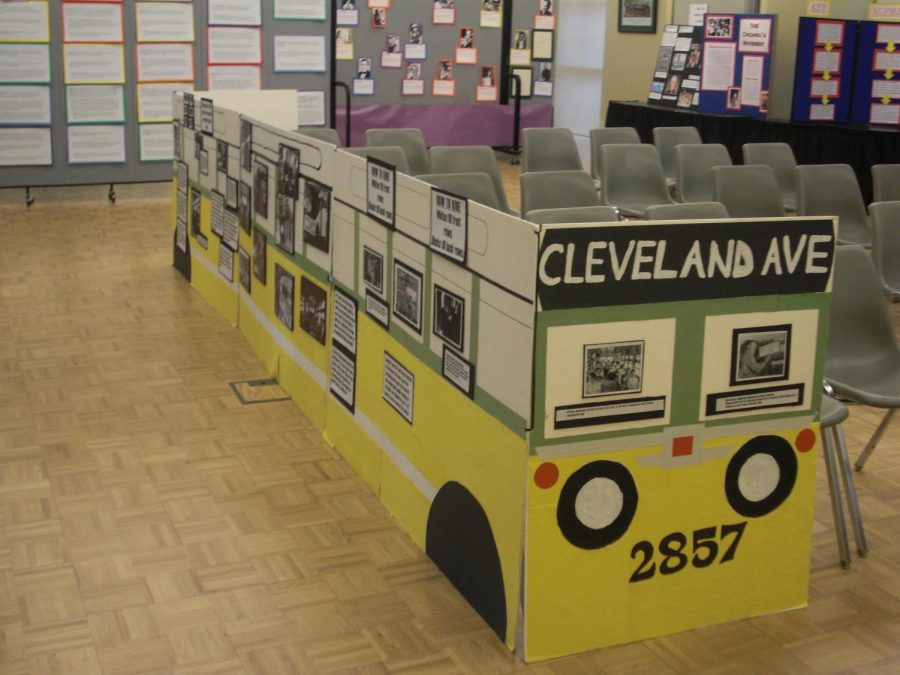Learn the past to change the future
The educational exhibit will teach visitors about important figures like Martin Luther King Jr., Freedom Rides and segregation.
January 25, 2018
Those who don’t learn about history are doomed to repeat it, which is why the Center for Diversity and Social Justice (CDSJ) will be holding the 11th annual Civil Rights Exhibit.
The museum-style educational exhibit centered on Black History Month, will focus on the work of Dr. Martin Luther King Jr., the Freedom Riders and the William Lynch letter. The Lynch letter was a letter written to slave owners on how to train a good slave.
In addition to covering the past, the exhibit will also touch base on modern day movements such as Black Lives Matter and Colin Kaepernick’s protests against police brutality.
“People who don’t learn their own history are doomed to repeat [it], which I think is really true when it comes to racism,” CDSJ Program Leader, Denver Blackson said.
Blackson, a psychology major, has been a part of the Civil Rights Exhibit for four years. He believes education is necessary to combat racism and once he realized the disparity between life for himself compared to his black classmates, he took action.
“It’s really easy for people to fall back on the same arguments and same practices that they’ve been using for hundreds of years at this point, when we learn about those we can work against them in a more practical effective way,” Blackson said.
This year’s exhibit answers why the Civil Rights Movement is still relevant to students.
La’Shawnda Mason, senior and student coordinator for the CDSJ, said that the exhibit is not just for black students but an educational opportunity for all students.
“This is for everybody. If it doesn’t concern you, I’d say people don’t think about it or know about it,” Mason said. “Even some black students don’t know their history or even bother to, this is to educate everyone.”
In addition, this year’s exhibit will delve into the adversity that black people face in their daily lives including anti-blackness in the U.S. and the added hurdles that come with being black in America.
“When you live in a black body, you see the differences [and] you see the biases. For people who don’t live in my skin, it’s nice for them to experience the exhibit to see just a glimpse of my history and my ancestors’ history,” Mason said.
The CDSJ has made an effort to highlight the pivotal moments in not just the Civil Rights Movement, but also in American History including: Muhammed Ali, the Birmingham Bus Boycotts and lunch counter sit-ins.
Miraclejoy Curtis, public relations strategist for the CDSJ, thinks that students can learn from what Americans have done in the past in order to force change in society.
“I feel like it’s necessary; it shows how folks can come together for social, legal, political and cultural changes,” Curtis said. “When that happens, it can force congress to take action, which is very important today in the social climate that’s happening in America right now.”
Curtis said that despite the movements of the past and the work of activists in the 1950s, 1960s and 1970s, racism is still alive and prejudices are as strong as ever. If Americans don’t want to repeat the injustices of years past, acknowledging our history is a necessity.
“To know where you’re going, you gotta know where you come from,” Curtis said. “Going back to the history of the movement and seeing how much of an impact it had will remind us of what it may take for action to happen today.”
The event will run from Jan. 29 to Feb. 2. at the SURC Ballroom


